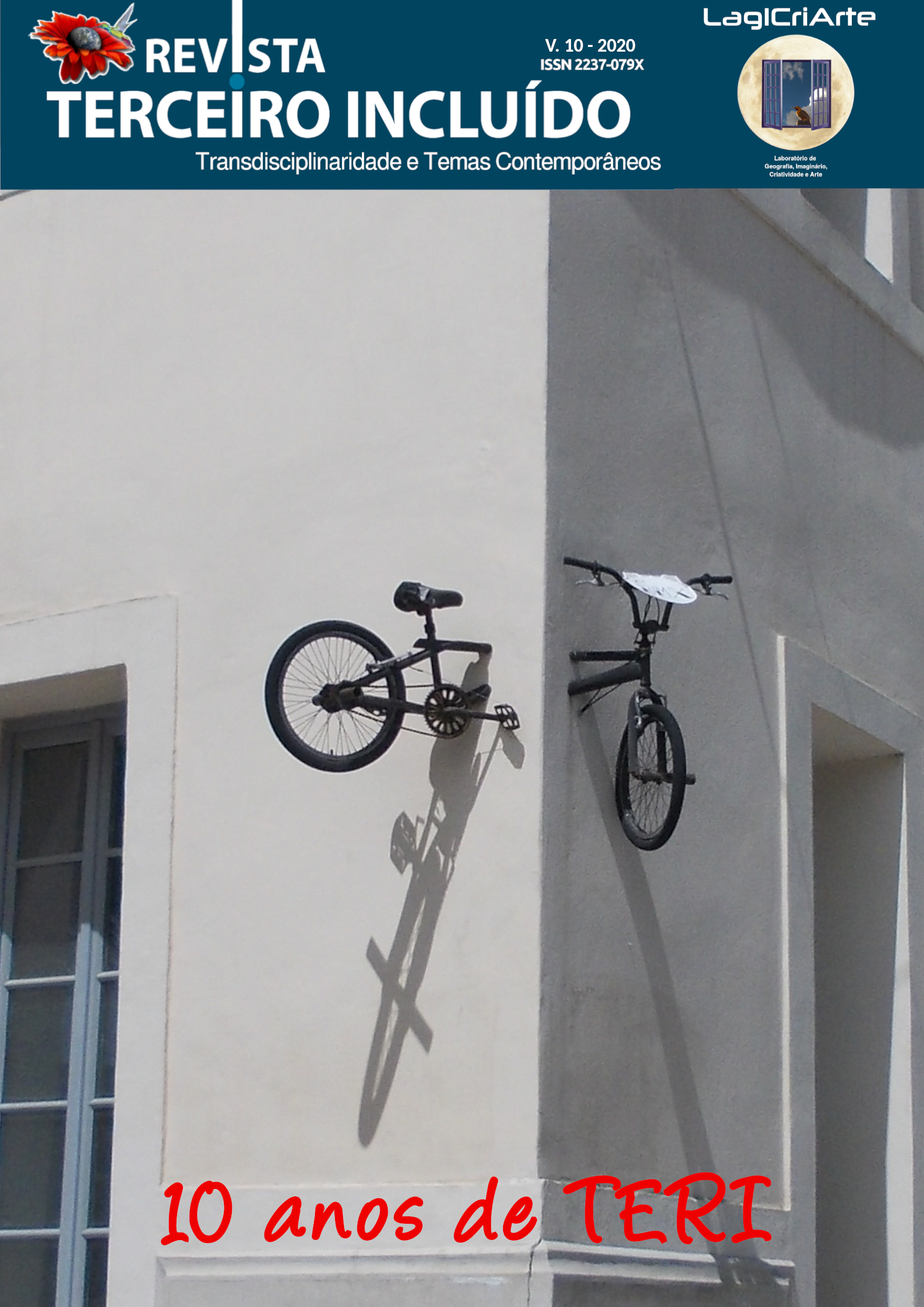WHAT ARE THE REFLECTIONS OF THE COVID-19 PANDEMIC ON CLEANING AND HYGIENE HABITS?
DOI:
https://doi.org/10.5216/teri.v10i1.65367Keywords:
Pandemic, Alcohol, Risks, PreventionAbstract
ABSTRACT: With the emergence of a new coronavirus (SARS-CoV-2) and its enormous potential for contamination as well as the lack of efficient drugs, recommendations have been adopted by the world population (eg distance and social isolation, wearing a mask and strict hygiene practices). The pandemic offered numerous challenges with direct and indirect impacts not only on health but also on the environment, and it is necessary to analyze the changes and consequences of new habits in this new reality. In this way, our study aims to assess the influence of the COVID-19 pandemic on the cleaning and hygiene practices of the population of the city of Campina Grande, as well as to discuss the main impacts on the environment. The research was carried out in the city of Campina Grande, a technological center in the state of Paraíba, from June to July 2020, using a digital form from the Google Forms platform (Alphabet Co., Mountain View, CA) seeking to identify the socio-spatial profile and changes in cleaning and hygiene habits. As a result, a total of 217 people distributed in 77% of the neighborhoods participated in the survey, where we identified abrupt changes in cleaning habits such as the excessive and incorrect use of sanitizers and the addition of new hygiene habits such as the increase in the frequency of alcohol use. , increased frequency of hand washing and adoption of face masks and other PPE's. It was also possible to identify that even in the face of social isolation, the population can perceive that there are harmful effects on the environment, especially with regard to the excessive use of cleaning products. In summary, we can affirm that even though there are measures of combat and prevention carried out by specialists, it is possible to observe inconsistencies in the actions of cleaning the environment as well as in personal hygiene, promoting innumerable risks to the physical and psychological health of the population and their impacts on the environment during the outbreak of COVID-19.











